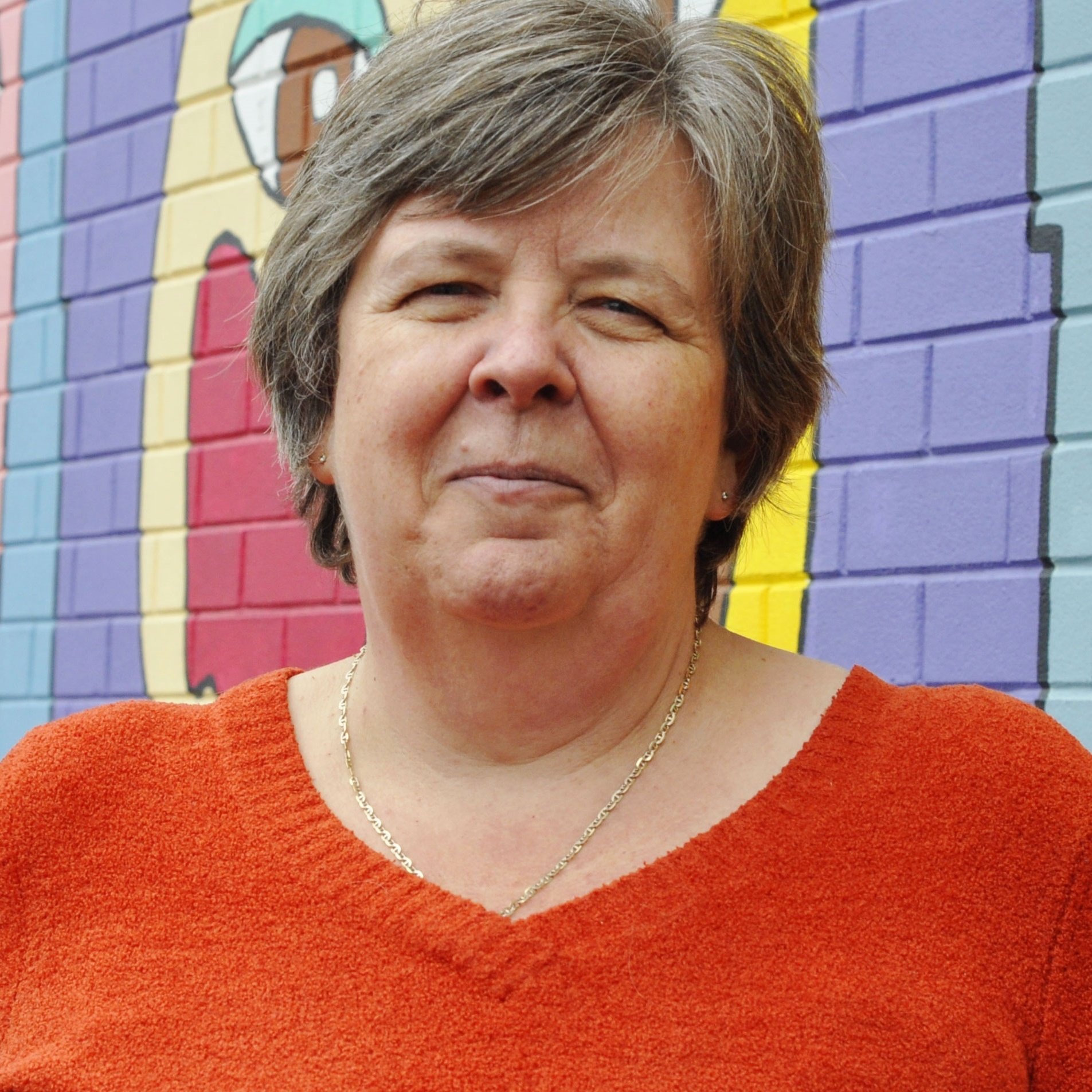 Tamarack benefits from colleague organizations worldwide who are also engaged in supporting and advancing community change efforts.
Tamarack benefits from colleague organizations worldwide who are also engaged in supporting and advancing community change efforts.
In New Zealand, our partner is Inspiring Communities. Recently, Tamarack and Inspiring Communities co-wrote a paper focusing on Reflections on Community Change: Two Countries, Two Perspectives, One Vision for Moving Forward. This paper was written to highlight two significant anniversaries, 10 years for Inspiring Communities and 15 years for Tamarack.
While separated by many miles and continents, both Tamarack and Inspiring Communities have been on similar paths of engaging community changemakers. In November, I had the opportunity to participate in the 10th Anniversary Celebration of Inspiring Communities in Wellington, New Zealand. Beyond the wonderful hospitality of renewing acquaintances with colleagues, it was also an evening of reflection and discovery of a path forward for Inspiring Communities.
This video provides a window into the ten year practice of community-led change and the impact of the work of Inspiring Communities in New Zealand.





